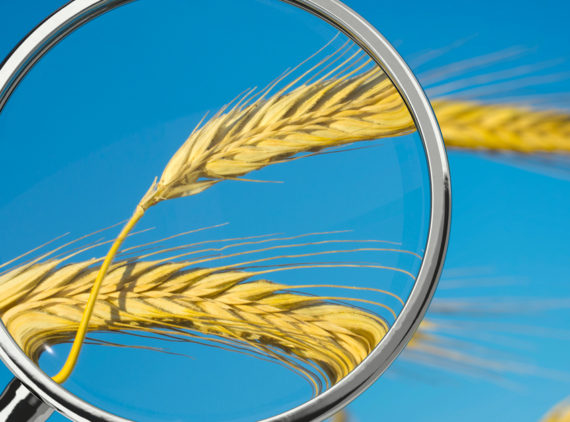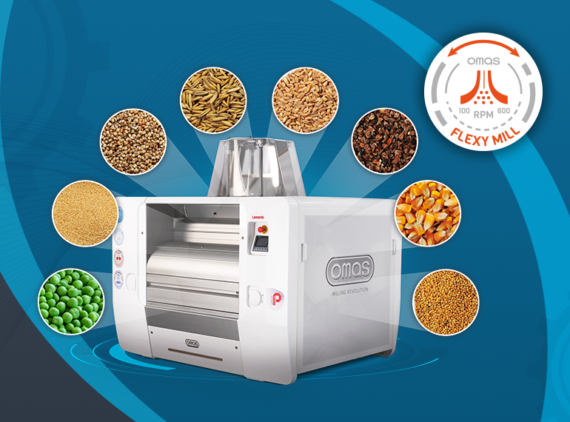
Today, the problem of food intolerance and specifically, wheat, is increasingly common.
Recent studies have shown that over 20% of people think they have wheat allergies or intolerances, even if, from a medical viewpoint, only 0.03% of cases checked involve gluten allergy (Coeliac disease).
There are differences between those who believe they have intolerance or allergies and those who have actually been diagnosed.
We do stress the importance of medical tests to check any intolerances or allergies, since it is not a good idea to exclude wheat-based goods from a diet without good reason or without medical assistance, due to the different negative effects on our health.
First of all, wheat is in many foods (bread, pasta, biscuits…) which also contain other important nutritional substances such as fibre, thiamine, vitamin B2, calcium, and iron. Carbohydrates and fibre are also essential for a healthy, balanced diet. Wheat and its derivatives should not be excluded from a diet without the opinion of a doctor, and it is necessary to establish an alternative diet plan.
If wheat allergies are “self diagnosed”, there is a possibility that the symptoms associated with wheat are due to other factors that continue not to be treated.
Some recent studies have shown that wheat allergies do not depend on the wheat itself, but on the way the wheat is grown. In fact one of the main but at the same time, worst pesticides used in farming is Roundup, a herbicide that has been criticised for years due to its rich glyphosate content.
In 2013, a research paper published in Interdisciplinary Toxicology showed that there is a direct relationship between the increase in glyphosate in wheat and the increase in cases of coeliac disease, following an almost identical trend. This study has shown how the most harmful effect is on the digestive tract: glyphosate attacks the good bacteria in our bodies, i.e., the bacteria we need to produce the essential amino acids for digestion.
To understand what really affects us in wheat and all of its by-products, we need to look more carefully at all of the information we do not have with regard to the production process:
- Use of chemical disinfectants on wheat by the food industry
- Insecticides that are used to eliminate mould, fungi and diseases in wheat.
- Use of specific preservatives
To safeguard health, instead of eliminating wheat and wheat products, it is best to try purchasing quality wheat with a high protein content and to get as much information as possible about the production process used for the produce being bought.
In fact it would seem that there are new technologies for wheat sterilisation allowing the hulling of each grain, removal of the cellulose envelope and abrasion of the waterproof membrane, for deep down cleaning of the raw material during the flour production process.

Sales & Export laura@omasindustries.com



